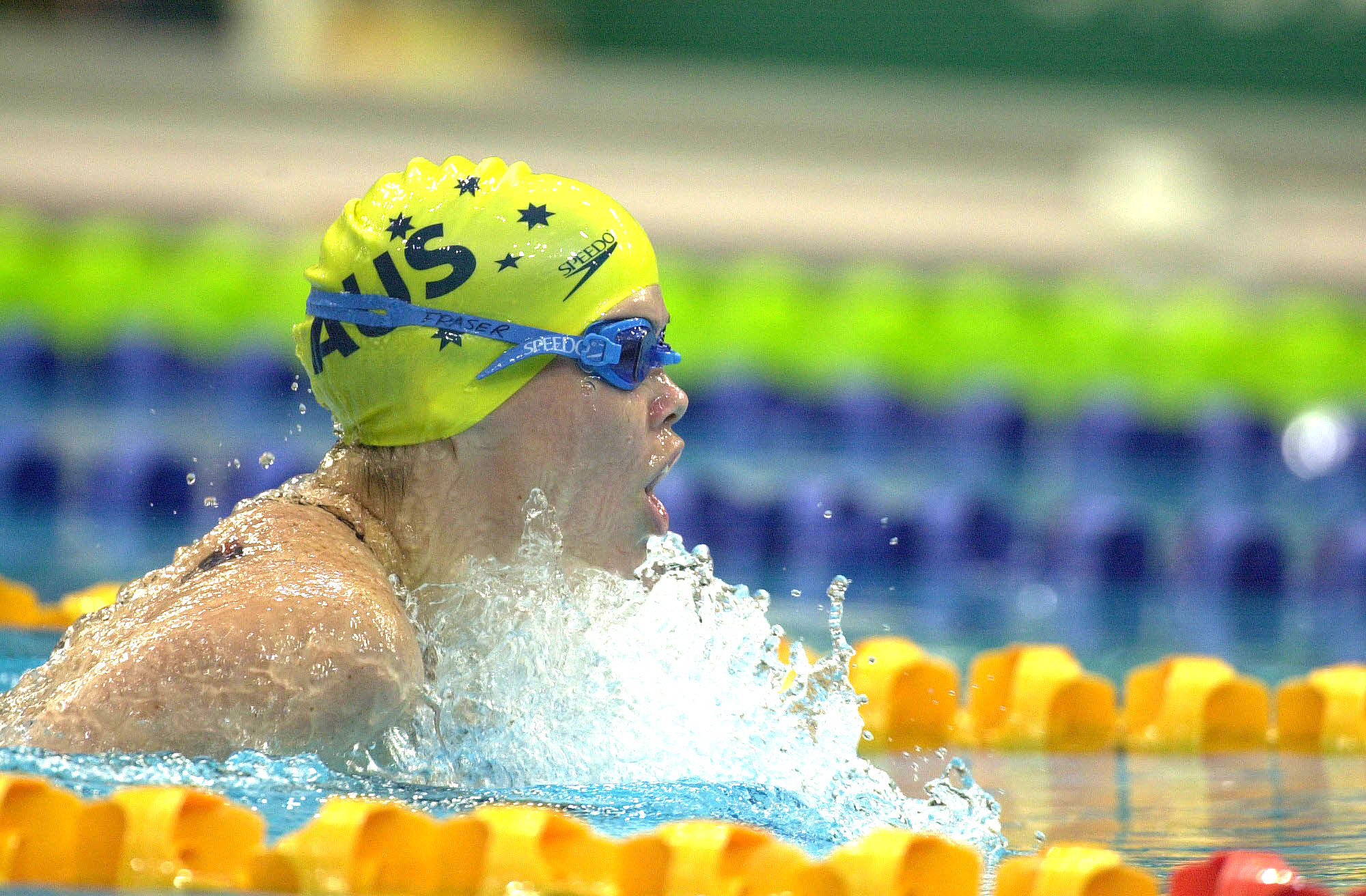|
Jay Dohnt
Jay Dohnt (born 20 November 1989 in Adelaide, South Australia) is a Paralympic swimming competitor from Australia. He is a bilateral below the knee amputee as a result of meningococcal disease at the age of thirteen. He is also missing four fingers on his right hand. He chose swimming as legs were not required to do it and obtained a scuba diving ticket. Career In 2006, he was the only competitor in the men's freestyle multi-disability section of the 2006 Australian Open Water Swimming Titles in Melbourne, Victoria (Australia), Victoria. He won a bronze medal at the 2008 Summer Paralympics, 2008 Beijing Games in the men's Swimming at the 2008 Summer Paralympics – Men's 400 metre freestyle S7, 400 m freestyle S7 event. He is an Australian Institute of Sport paralympic swimming and South Australian Sports Institute scholarship holder. He was unable to compete in 2010 due to a serious shoulder injury. In 2011, he won a silver medal in the men's 400m freestyle S7 at the Para P ... [...More Info...] [...Related Items...] OR: [Wikipedia] [Google] [Baidu] |
S7 (classification)
S7, SB6, SM7 are disability swimming classifications used for categorizing swimmers based on their level of disability. Swimmers in this class have use of their arms and trunk. They have limited leg function or are missing a leg or parts of both legs. This class includes a number of different disabilities including people with amputations and cerebral palsy. The classification is governed by the International Paralympic Committee, and competes at the Paralympic Games. Classification definition This classification is for swimming. In the classification title, S represents Freestyle, Backstroke and Butterfly strokes. SB means breaststroke. SM means individual medley. Swimming classifications are on a gradient, with one being the most severely physically impaired to ten having the least amount of physical disability. Jane Buckley, writing for the Sporting Wheelies, describes the swimmers in this classification as having: "full use of their arms and trunk with some leg function; ... [...More Info...] [...Related Items...] OR: [Wikipedia] [Google] [Baidu] |
2012 Summer Paralympics
The 2012 Summer Paralympics, branded as the London 2012 Paralympic Games, were an international multi-sport parasports event held from 29 August to 9 September 2012 in London, England, United Kingdom. They were the 14th Summer Paralympic Games as organised by the International Paralympic Committee (IPC). They were the first Summer Paralympics to be hosted by London, and the first hosted solely by Great Britain; the English village of Stoke Mandeville co-hosted the 1984 Games with Long Island, New York after its original host, the University of Illinois at Urbana–Champaign, withdrew due to financial issues. In 1948, the village hosted the Stoke Mandeville Games—the first organised sporting event for athletes with disabilities, and a precursor to the modern Paralympic Games—to coincide with the opening of the 1948 Olympics in London. Organisers expected the Games to be the first Paralympics to achieve mass-market appeal, fuelled by continued enthusiasm over Great B ... [...More Info...] [...Related Items...] OR: [Wikipedia] [Google] [Baidu] |
Swimmers At The 2012 Summer Paralympics
Swimming is the self-propulsion of a person through water, or other liquid, usually for recreation, sport, exercise, or survival. Locomotion is achieved through coordinated movement of the limbs and the body to achieve hydrodynamic thrust that results in directional motion. Humans can hold their breath underwater and undertake rudimentary locomotive swimming within weeks of birth, as a survival response. Swimming is consistently among the top public recreational activities, and in some countries, swimming lessons are a compulsory part of the educational curriculum. As a formalized sport, swimming is featured in a range of local, national, and international competitions, including every modern Summer Olympics. Swimming involves repeated motions known as strokes in order to propel the body forward. While the front crawl, also known as freestyle, is widely regarded as the fastest out of four primary strokes, other strokes are practiced for special purposes, such as for training. ... [...More Info...] [...Related Items...] OR: [Wikipedia] [Google] [Baidu] |


